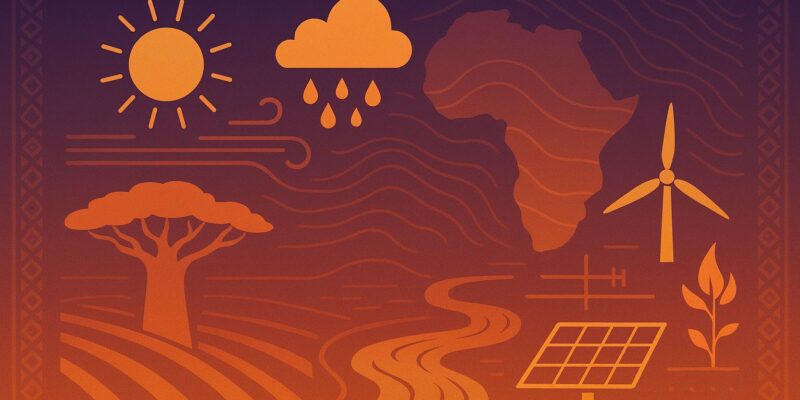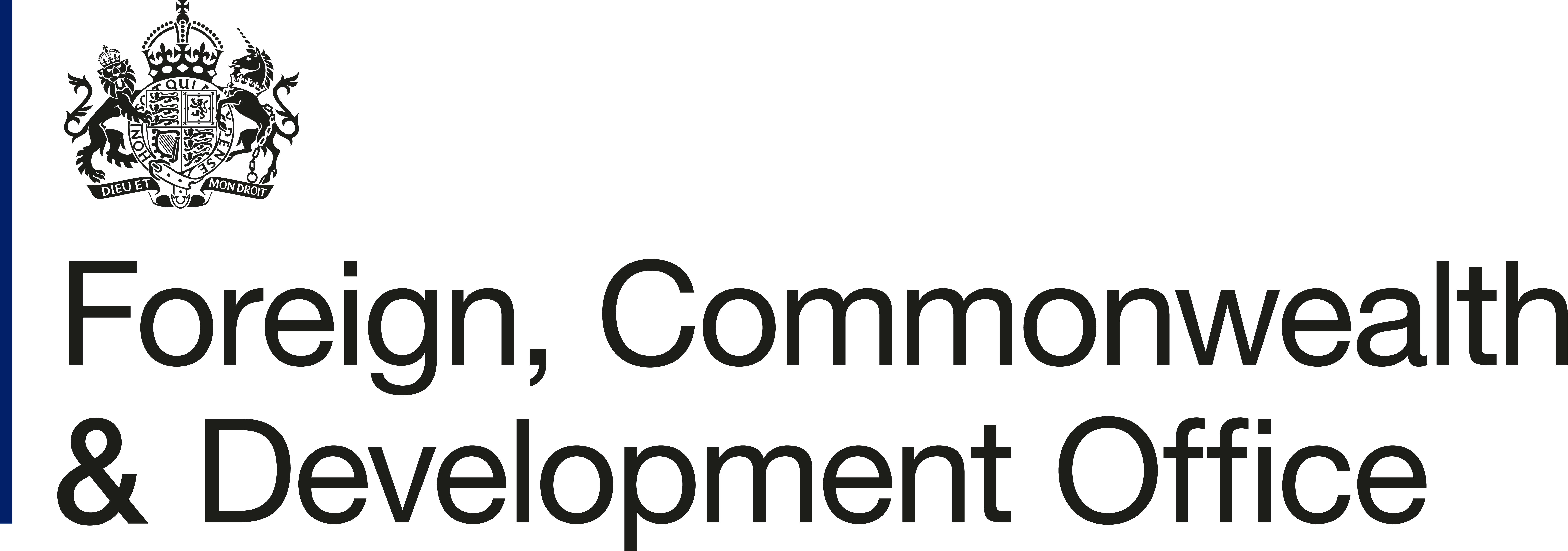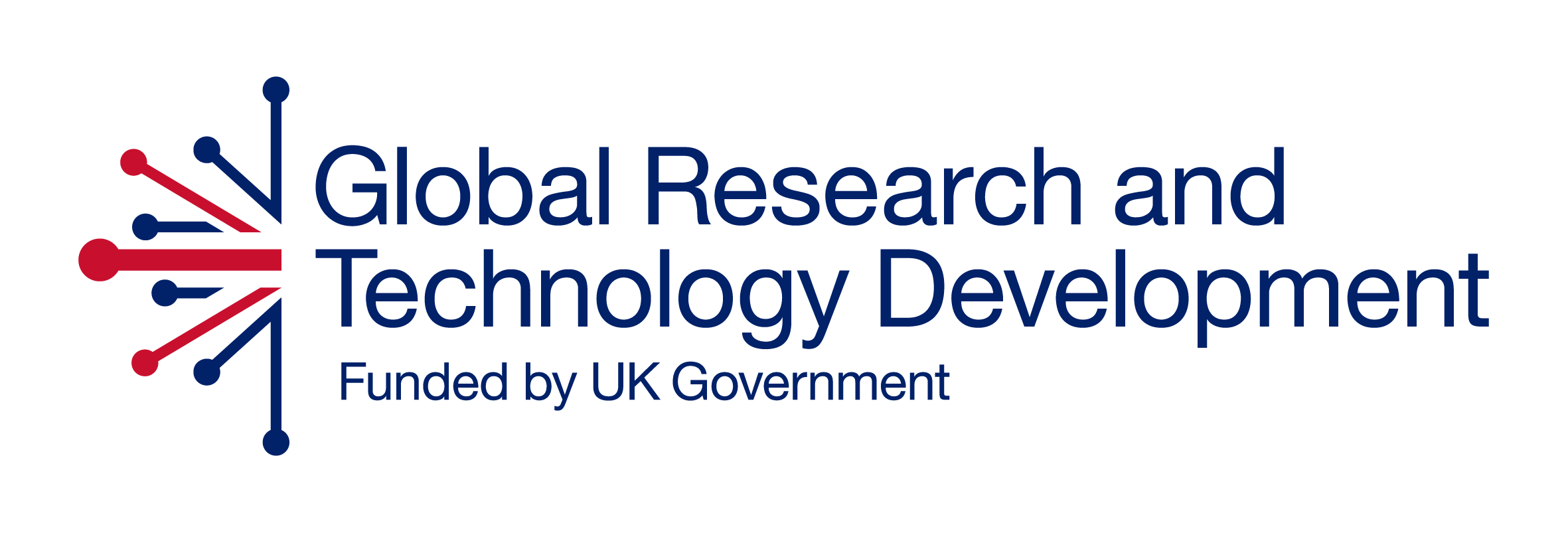The Global Education Evidence Advisory Panel (GEEAP) unveiled its latest report, “Effective Reading Instructions in Low- and Middle-Income Countries: What the Evidence Shows.” This report highlights that literacy is the cornerstone of all learning.
Driving Africa-led solutions for climate and nature: insights from the FCDO research roundtable

On 12 March 2025, FCDO and the FCDO Research Commissioning Centre facilitated a virtual research roundtable bringing together voices from across Africa and the UK to reflect on the research agenda for climate and nature across the continent. Chaired by Rachel Kyte, UK Special Representative for Climate, this roundtable formed part of a broader five-month consultation led by FCDO to shape the UK’s climate and nature strategy in Africa.
The roundtable featured over 50% of participants from Africa-based institutions, ensuring a strong representation of local perspectives. Participants were predominantly academics and included implementers and policymakers with expertise and experience in the continent. The roundtable focused on identifying pressing research needs, understanding the role of evidence in driving climate action, and fostering equitable partnerships between African and UK institutions.
What the roundtable taught us: the need for locally driven and context-specific research and action
Following the keynote speech from Rachel Kyte, the breakout discussions of the roundtable focused on three core themes for deeper consultation:
- Locally Led Adaptation
- Energy Access
- Agriculture, Forestry, and Natural Resource Management
A few themes resonated across all areas:
Locally driven, context-specific research
Research in Africa needs to move away from externally driven agendas. Building capacity and funding local PhD researchers and institutions emerged as top priorities. Rachel Kyte also stressed the need to empower African research centres and ensure participatory research that responds to local realities.
Energy innovation for inclusive growth
Africa’s energy sector suffers from major barriers, from poor grid reliability and last-mile connectivity to limited public understanding of renewable energy. Participants highlighted the need to raise awareness using locally tailored communication strategies, and called for investments in battery production, smart grids and skills training to foster homegrown green economies.
Balancing agriculture with nature
A core challenge for the continent is increasing food production while preserving ecosystems. To achieve success, research gaps need to be addressed. These include an advanced understanding of and evidence on underutilised crops, soil health, and mixed farming systems, with an emphasis on ensuring data accessibility for smallholders and climate-smart innovations rooted in African contexts.
Cross-cutting challenges and opportunities
Several cross-cutting challenges and opportunities emerged. Participants emphasised the urgent need for flexible, long-term financing models, with dedicated funding streams to support African-led research initiatives.
Governance and inclusion were also key concerns, particularly ensuring equitable access to land, water, and energy for marginalised communities, and preventing elite capture in adaptation efforts.
On knowledge sharing, the roundtable highlighted the importance of using local languages, improving access to data, and strengthening connections between researchers, practitioners, and communities.
Lastly, participants called on the UK to play a supportive and equitable role—acting as a partner rather than a prescriber, by funding African research institutions directly and aligning its contributions with local priorities and the Sustainable Development Goals.
What running the roundtable taught us: key lessons from the process
Wide participation from across Africa was essential for this roundtable to ensure the sessions reflected deep, localised expertise and understanding. This also helped to better connect the gaps between research findings and concrete local actions, and to ensure participants factored in wider geopolitical and political economy perspectives from those who are most knowledgeable about the context.
The format of the consultation, which used small breakout groups led by sectoral experts, allowed for rich and in-depth discussions, and enabled all participants to contribute meaningfully by sharing their unique perspectives. The presence of expert facilitators ensured that the conversation remained focused on sector priorities and communicated in language familiar to the participants, enhancing engagement.
We also learned that bringing everyone together, even virtually, is not an easy task. With over 70 participants, coordinating across different time zones and schedules was complex. While running the event online made it more accessible, it also introduced challenges such as connectivity issues, especially for partners based in Africa. With more time, we would have recommended targeted side events, where participants can meet , to enable more organic conversations over a longer period of time.
What comes next?
The messages from the roundtable are clear: meaningful progress on climate and nature in Africa will depend on trust, collaboration, and a shared commitment to evidence that reflects Africa’s voices and values. As Rachel Kyte noted, Africa’s natural and human wealth is immense, and the next decades must be about African innovation leading the charge. To do that, partnerships must be equitable, research must be local, and support must be sustainable.
The ideas shared during the event may require time to develop into concrete actions and can lead to new insights over time. Although this session was a one-off event, a series of consultations could provide researchers with opportunities to deepen their reflections as work progresses. Furthermore, beginning the consultation with a keynote speech was helpful, but providing documents or draft strategies in advance might enable participants to prepare more thoroughly and contribute directly to tangible outputs.
The roundtable is an important step in shaping evidence-informed climate and nature strategies. In an international context of cuts to aid budgets, the roundtable offered thoughtful ideas for the future of climate and nature research across Africa. It provided FCDO with concrete directions that informed their first summary of consultations published in June 2025.
See more
The vital importance of literacy
New report points the way forward for e-mobility in Africa
The Powering Renewable Energy Opportunity (PREO) programme launched its latest report – “Driving Interoperability: Insights from PREO’s E-Mobility Portfolio” at Africa E-Mobility Week 2025.
What does evidence-informed policymaking look like? A framework for conceptualising and measuring EIPM
The past two decades have seen a proliferation of activity supporting evidence-informed policymaking (EIPM) in low- and middle-income countries.
Successful treatment of bubonic plague
A ground breaking clinical trial has provided conclusive evidence to support WHO guidance that a simple, affordable oral antibiotic can improve bubonic plague treatment worldwide.

Your starting point for Foreign, Commonwealth and Development Office (FCDO) funded research and development.
Quick links

All content is available under the Open Government Licence v3.0, except where otherwise stated.

